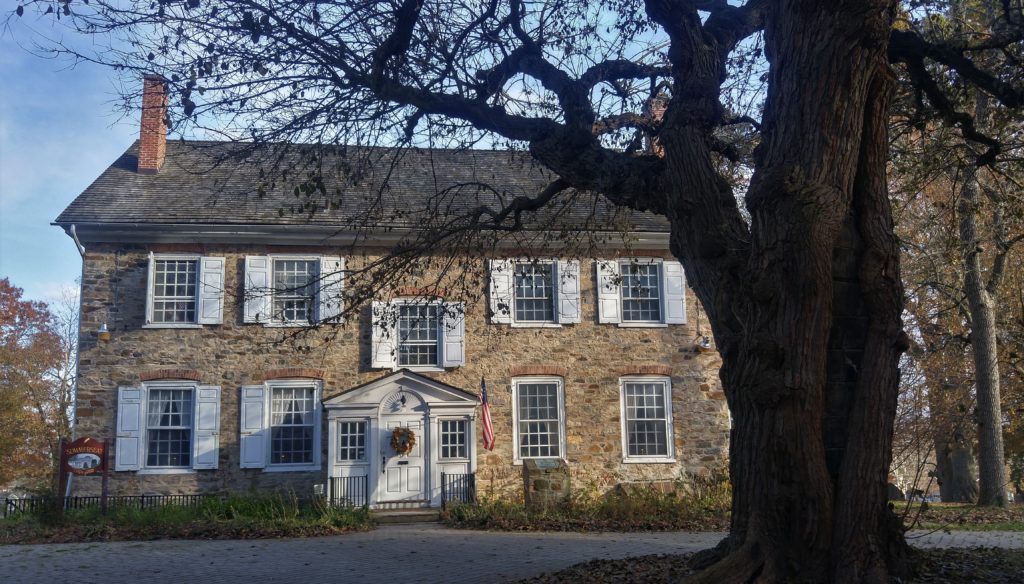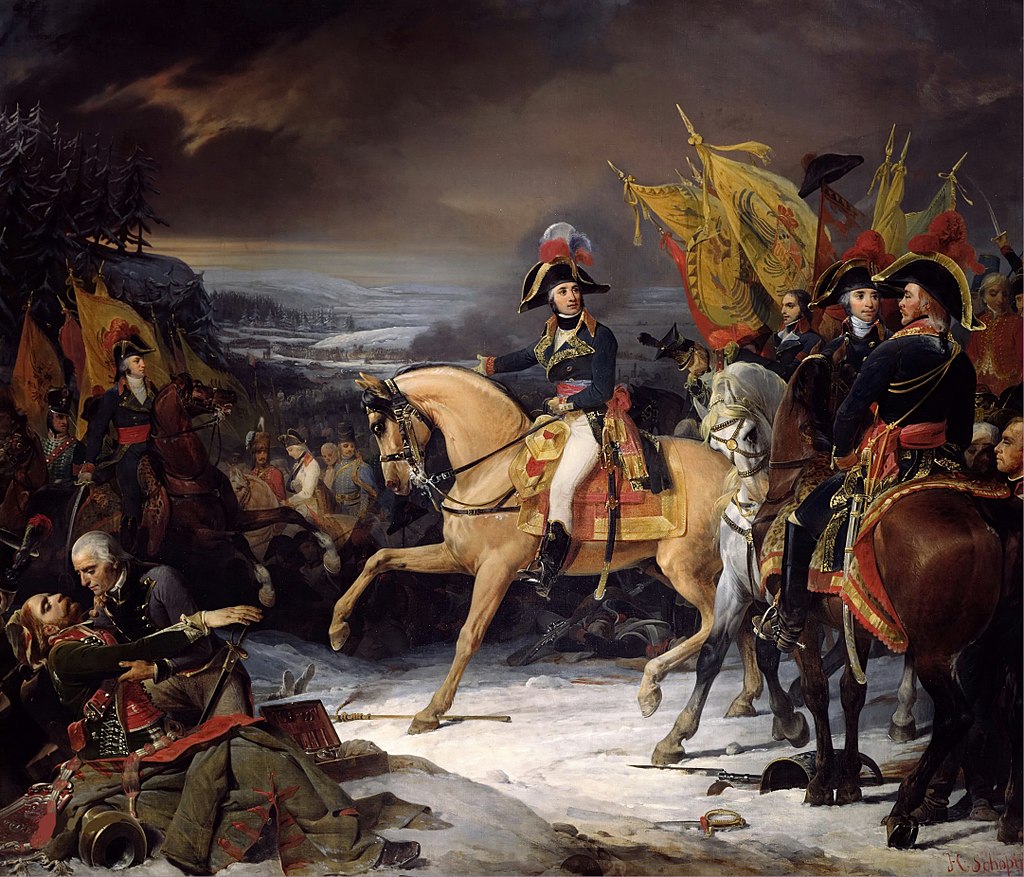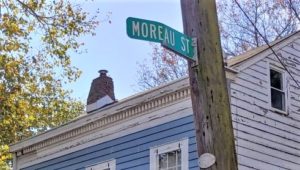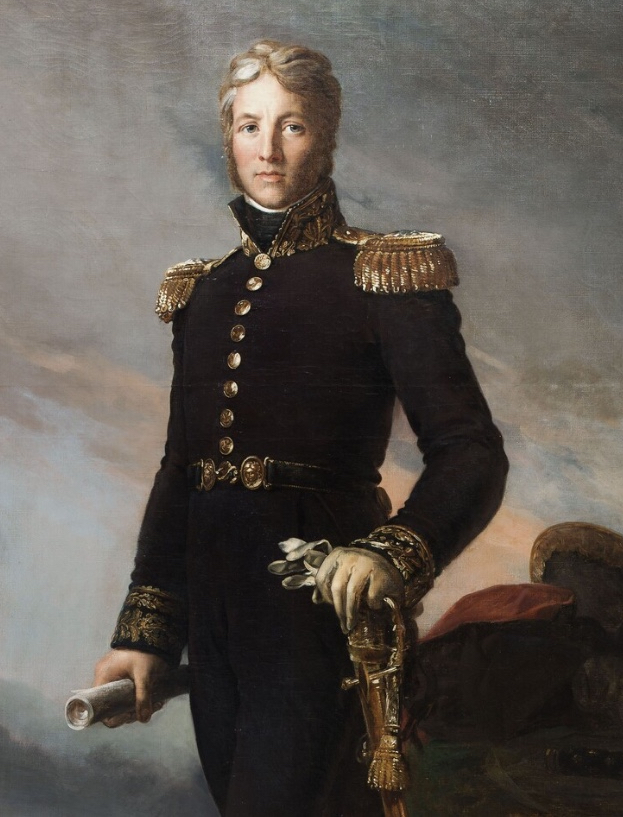President Madison offered Jean Victor Moreau command of American troops in the War of 1812.
This is the time of year I like to contemplate Morrisville.
The tiny borough is where George Washington got the idea in early December 1776 to cross the Delaware River and attack the British in Trenton to save the American Revolution. Morrisville also was the home of Philadelphia banker Robert Morris. He was Washington’s go-to guy, delivering cash to George to keep the war going. After the war, Morris nearly convinced Congress to make his hometown the new nation’s capitol.

Morrisville has a lesser claim to fame. It’s here where a famous French general chose exile. Except for a twist of fate while living in town, Jean Victor Marie Moreau might have become a national hero in the War of 1812. As it turned out, Stonewall Jackson became the hero of that conflict and became president.
So, what do we know about the life of a man for whom a Morrisville street is named?
Jean Victor was born on Valentine’s Day in 1763, the son of a successful lawyer in the French province of Brittany. He demanded his son study law and stopped him from joining the army. So off he went to the University of Rennes. With his magnetic personality, he attracted student agitators opposed to the French monarchy. After the French Revolution in 1789, he became an army general noted for calm demeanor under fire and devotion to the new French republic. During that period his royalist father was guillotined.
Jean Victor’s enduring fame came at the Battle of Tourcoing in 1794 in northeastern France. Facing a massive allied army of British, Hungarian and Austrian troops, Moreau drove a wedge through the invaders, turned them back and became a hero. A year later he commanded troops that crossed the Rhine. He won several smashing victories before brining his army home safely with 5,000 prisoners. In 1800, he commanded a 56,000-man army against 64,000 Austrian and Bavarian troops and won the Battle of Hohenlinden in Germany to end a threat to France. With Moreau’s help, Napoleon Bonaparte had become commander-in-chief. At one point, Napoleon gathered Moreau and others around a map of the United States and pointed to Morrisville as the ideal place if any faced exile.

After his Hohenlinden heroics, Jean Victor was 37 and decided to settle down. He married 19-year-old debutante Eugenie Hullot in Paris. She and her friends were known as “Club Moreau” and were critical of Napoleon. This got back to him. He viewed it as encouraging restoration of the royalty. Napoleon had them all arrested including Jean Victor who insisted he was not involved. The thought of having a king once again rule France, in fact, was repugnant to him. Nevertheless, authorities banished Moreau from France. He, his wife and infant daughter entered exile in Philadelphia in 1805. Two years later, he bought a villa once owned by Robert Morris that overlooked the Falls of the Delaware. The acreage called the Grove sits below today’s Route 1 toll bridge. The family lived there for six years.
Jean Victor enjoyed fishing, hunting and hosting French ex-patriots. When the War of 1812 against Britain erupted on the western frontier, President James Madison offered Moreau command of the U.S. army. Though he was inclined to accept, news arrived that the army of then-emperor Napoleon had been decimated in Russia. At Eugenie’s urging he returned to Europe to help lead an allied army of Swedes, Austrians and Russians against Napoleon. Moreau believed it was a prime opportunity to restore popular government in France. But at the Battle of Dresden in August 1813, he was gravely wounded while talking to the Russian tsar. To those tending his injuries, he urged, “Be calm, gentlemen; this is my fate.” Five days later he died and was buried in St. Petersburg.
Moreau willed his Morrisville estate to Eugenie though she had no legal right to sell it. With a pension from the tsar, she relocated to the French island of Mauritus off the east coast of Africa where she died in 1821. Five years earlier, the Pennsylvania Legislature authorized a public sale of her Morrisville property, advertised in the Bucks County Intelligencer in Doylestown. J.B. Sartori, executor of the property, bought it.

The villa is long gone, replaced over the centuries by homes on small lots. Moreau Street is the only evidence of what once was.
Postscript: Napoleon never made it to Morrisville. He died a British prisoner on the remote island of Saint Helena off the western coast of Africa in 1821. His brother Joseph, deposed king of Spain, reached Morrisville in 1817 and built a palace overlooking the river in Bordentown. Napoleon’s page Joseph Archambault also arrived, opening a hardware store in Newtown and in 1829 bought, expanded and managed today’s esteemed Brick Hotel in town.
***
Sources include “Jean Victor Marie Moreau”, Encyclopedia Britannica, 11th edition, Vol. 27 published in 1910, and a biography of Napoleon on the web at https

